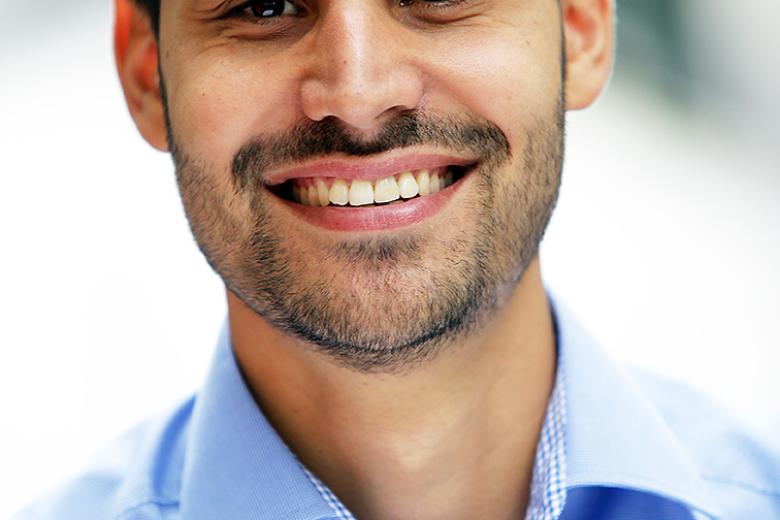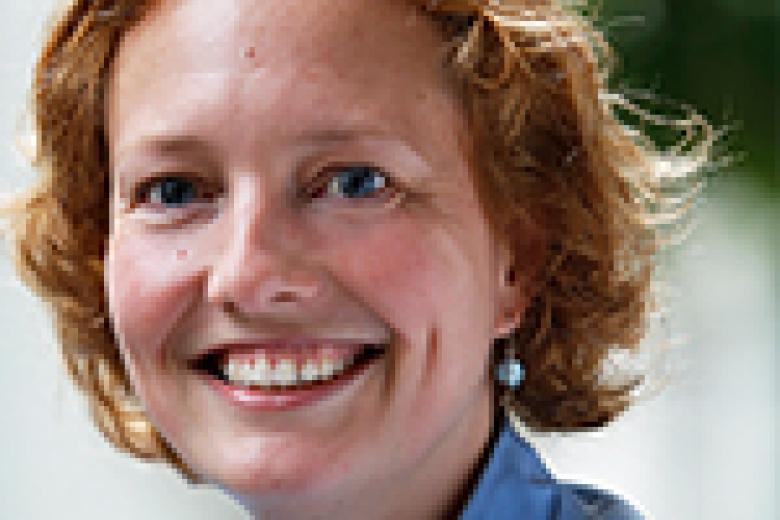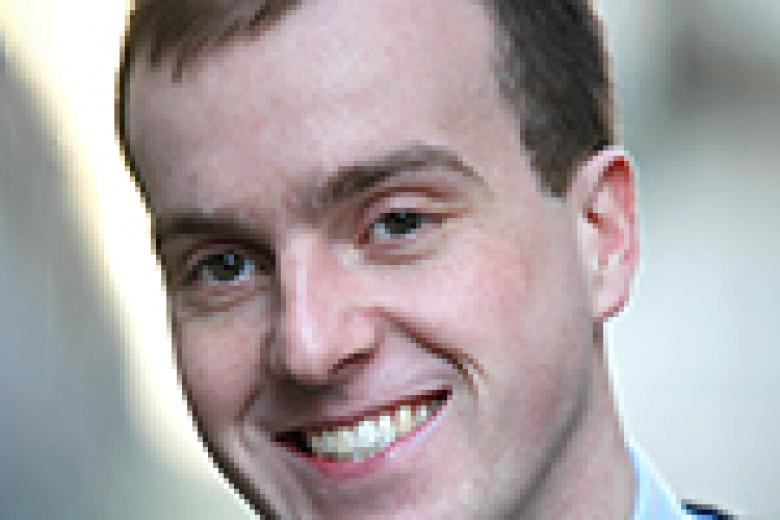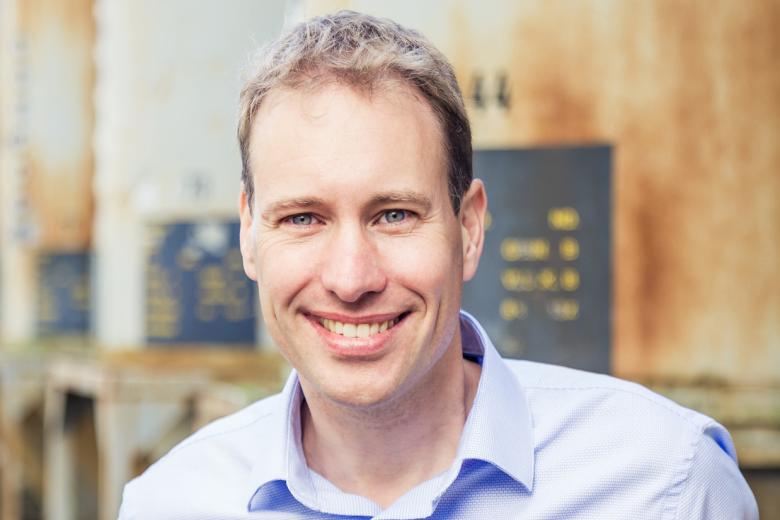Researching with students is my passion
I love introducing students to the world of research and seeing them light up and enjoy themselves while learning to produce publishable work. For me, the key to being a true educator is to simulate the professional world as closely as possible and give students a taste of what lies beyond their diploma.
My favourite part about teaching at the MSP is the project period. During the projects, I have students participate in the research conducted by our professional research group. It sometimes astonishes me what we can accomplish in three weeks. We’ve even been able to publish a few papers with students. Seeing how motivated students can be when they see that we might get something tangible like a paper out of it—that’s really fun for me.
Simulating a professional environment
Going from your studies to the real world should be a smooth transition, so when I’m teaching, I try to simulate a real professional environment. I’ve worked in the industry as a development engineer, so when I assign a project I try to make it as close as possible to how things would work in a real company. I also try to get projects assigned from companies, so students can really see how things work in the business world.
Working with many disciplines
What first attracted me to the MSP is its interdisciplinarity. I’m trained as an engineer but for my PhD I worked with people with a medical background. To see the synergy when you combine certain disciplines, when you ‘have the balls’ to work together without holding back, to go wherever the science leads you—that’s what the Maastricht Science Programme is all about. When you study here, you learn this from the very beginning. When I see in my class that a student with a biomedical background is looking to work with a student with a physics background because they already recognise themselves that they can achieve something together, I feel really proud.
The wow factor
I’m often in awe of my students. Sometime around 2014 or 2015, we won the NWO challenge, a scientific award, with the help of work that students did. We were then able to publish that work, which was a lot of fun for everyone. It’s a great feeling seeing students when they’re really focused and enjoying working on a paper. When I think about how far ahead MSP bachelor’s students are and the fact that I’m already able to play a role on a professional level—that’s the wow factor for me here.
Incorporating feedback
I always ask feedback from the students periodically, to see if a course is what they’re looking for. Though I can’t change an entire course simply because students want me to; there’s always a fine line between what I think students need to go to the next level and what they want. But I do give them credit because we’re all adults. When you study here, you’re not just a student, you’re an adult. So students’ opinions are of great value for me and I take them into account.
Helping MSP students get recognition
I want to do whatever I can to help the students here be recognised for their talent. They should be appreciated for their ability to produce high-quality work that has added value for both academia and industry. You can already see that happening for our graduates. Some of our alumni are doing their PhDs at very prestigious universities or have high ranking positions in companies. We’re a relatively young programme, but you can already see what the potential impact of this programme and our students can be. I would like to play a role in maximising that impact.
B.R.N. van Grinsven
Bart van Grinsven received a Master degree in bioelectronics and nanotechnology from Hasselt University in 2007. Then he was employed by TNO as a development engineer but returned to the BIOSensor group of Hasselt University in 2008 to pursue a PhD degree. He successfully defended his PhD in physics in July 2012, promoted by Prof. Dr. Patrick Wagner and Prof Dr. Michael Schöning.

-
Warming up to PBL
I teach the introduction to biology course, which is probably one of the first courses that you will take at the MSP. I also coordinate the practical courses, so the first time that you go to the lab, you will encounter me as well. I’m one of the first faces you will see here, and I want you to feel...

-
Putting students in the driver’s seat
For me, Problem-Based Learning is about democratising the classroom. It is about realising that everyone has something of value to add (not only the teacher) and that everyone in the room can bring something to the discussion. It is a very productive way to solve problems and to move forward.

-
I can really make a meaningful difference
What really makes the MSP special is the small-scale teaching and the close contact with students. Us as teachers get to know you as students very well and vice versa. Because of this, I can teach you a lot more than what you need to know to just pass my exams. I can really make a meaningful...
